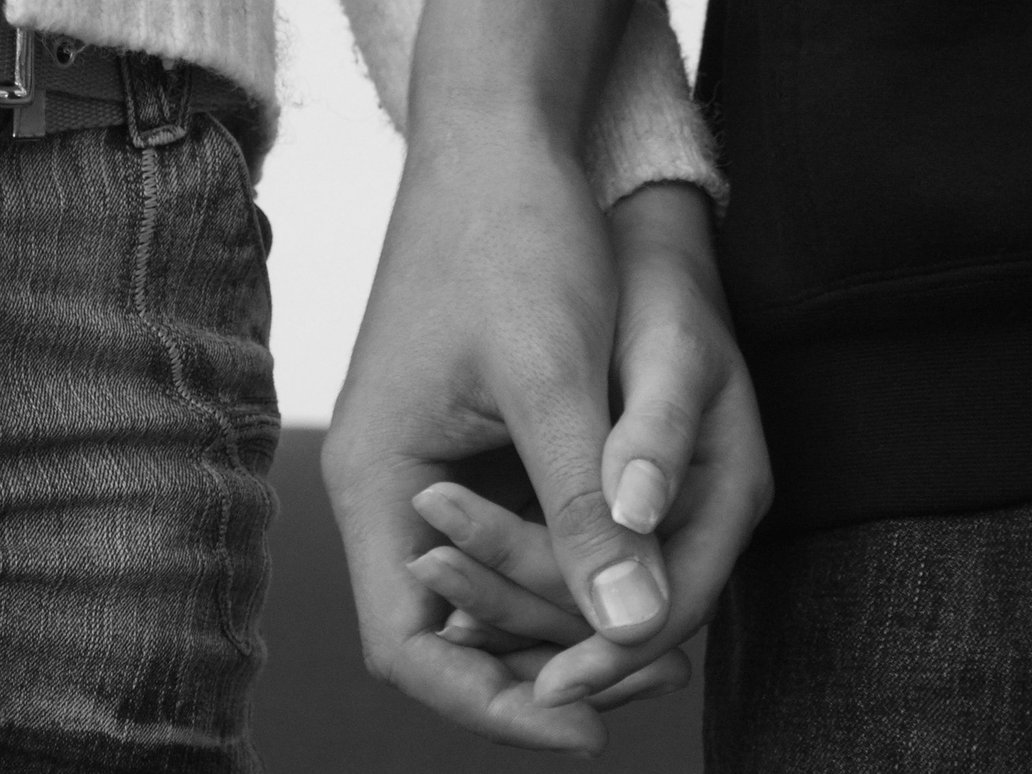Dementia is a horrible disease that robs the person of their memory and their life. Dementia is not a specific disease, but it describes a wide range of symptoms associated with a decline in memory and an inability of a person to perform daily tasks. Alzheimer ’s disease accounts for 60 to 80 percent of cases of dementia. It is estimated that 5.3 million Americans of all ages have Alzheimer’s disease. Most of the patients, I see in my work as a hospice chaplain suffer from this horrible disease.
I first met Richard about a year ago when he became a patient under my spiritual care for hospice. He was an 88-year-old man who had only been at the nursing home or a very short period. He had fallen at home and broken is hip and during his recovery his dementia became more than his family could handle and they had to put him in the nursing home.
Richard spent most of his days in a wheelchair and when I would meet with him it was next to impossible to carry on a conversation with him. He was a very religious man in his days prior to his admission, and he would often say he wanted to go to Church. I assume that Church was a great comfort to him and even in his present state he desired that happiness in his life. I would sit with him, and he would often reach out and take my hand and just hold it. On occasion, he would look at me and smile and for a minute I would think I was getting through to him. Perhaps I was and perhaps just holding his hand, the touch of another human being, was what he needed at that moment.
As I sat with him, I would wonder what he was thinking and what he thought of his surroundings. Was he just trapped in his mind with no way out? Was his mind still working as it was prior to the disease taking over, and he just could not let us know? He would look at me with a look of helplessness in his eyes like he was trying to tell me something but could not. So we would just sit, and I would hold his hand.
I learned that Richard was a veteran and that he served in the Army. He would often call out that he had to get to someone who was over there, and he would point. He would struggle against the tray that was in place to keep him safe as if he was fighting against his thoughts in a feeble attempt to help whoever it was that he was trying to help. I would walk over and touch his shoulder, and he would start to settle down a little. Once again, the touch of another human worked its magic if you will in calming him down. Since I started this work, I have been amazed at what a simple touch will do for another human being.
This past week Richard was nearing the end of his journey, and he began his transition to the next phase of his life. His daughter was sitting by his bedside in the now all too familiar family vigil. I stopped in to see her one afternoon, and she was sitting by his side talking to him. Richard was in his bed sleeping and for the first time in the year that I had known him he seemed at peace and sleeping. He was no longer agitated and just peacefully sleeping as we all do from time to time. His mind had calmed down, and he was able to get the sleep he needed for the rest of his journey.
Richard was a family man who lovingly raised four children who had all gone on to be successful in their lives and had children of their own. His daughter shared with me how difficult it was for her children to come and see him in this state, and it reminded me of my feelings of my grandmothers passing many years before. Richard was dying of the same disease that took her and I was suddenly filled with feeling of regret that I did not spend more time with her when she was transitioning. My hospice work has taught me the beauty of helping someone when they are in the final stages of this life and assisting the families cope with their loss. Being with someone as they take their last breath is truly a blessing, and I am very happy to be able to be part of this work.
Richard died the next day with his daughter by his side just holding his hand.


